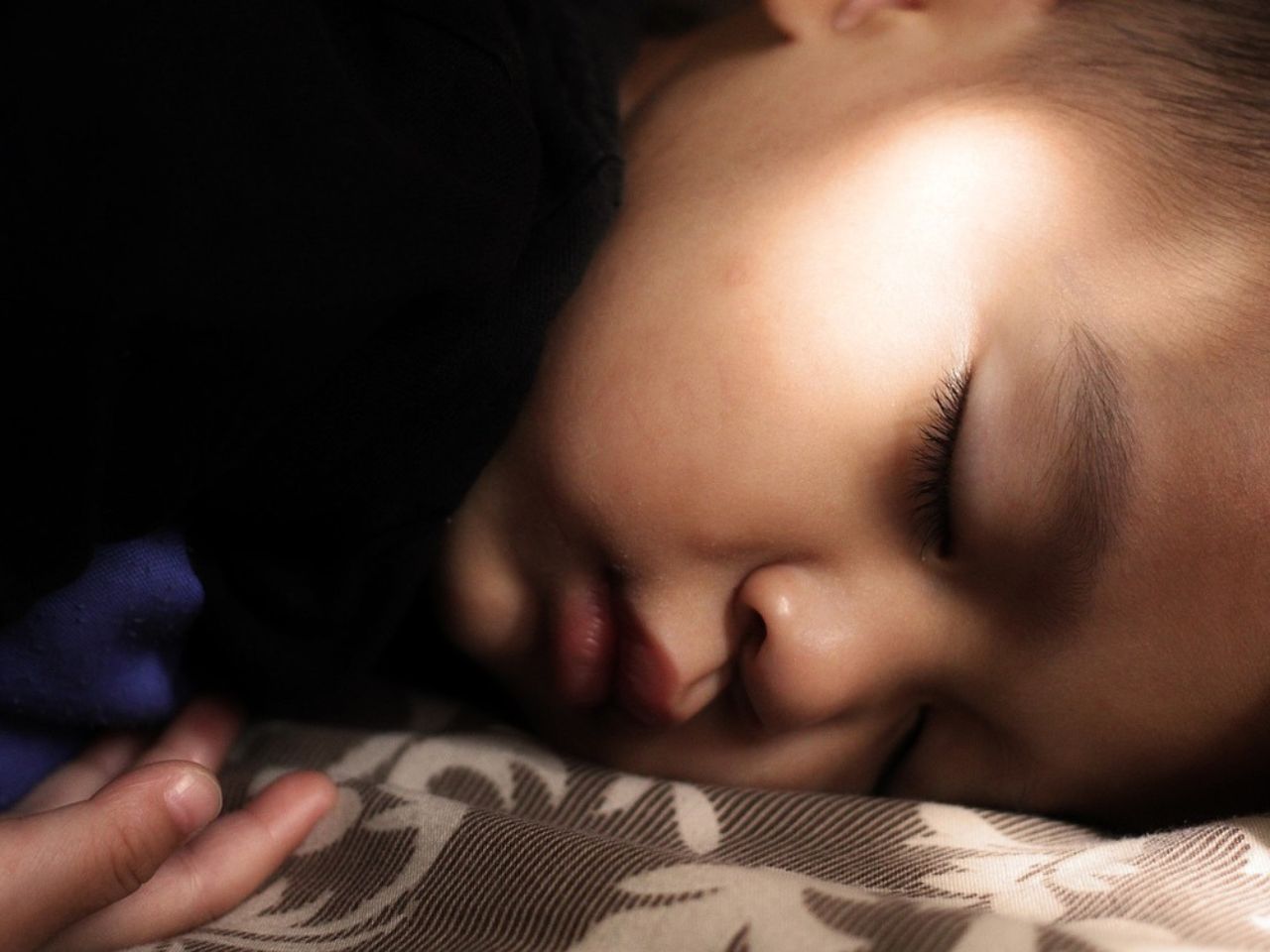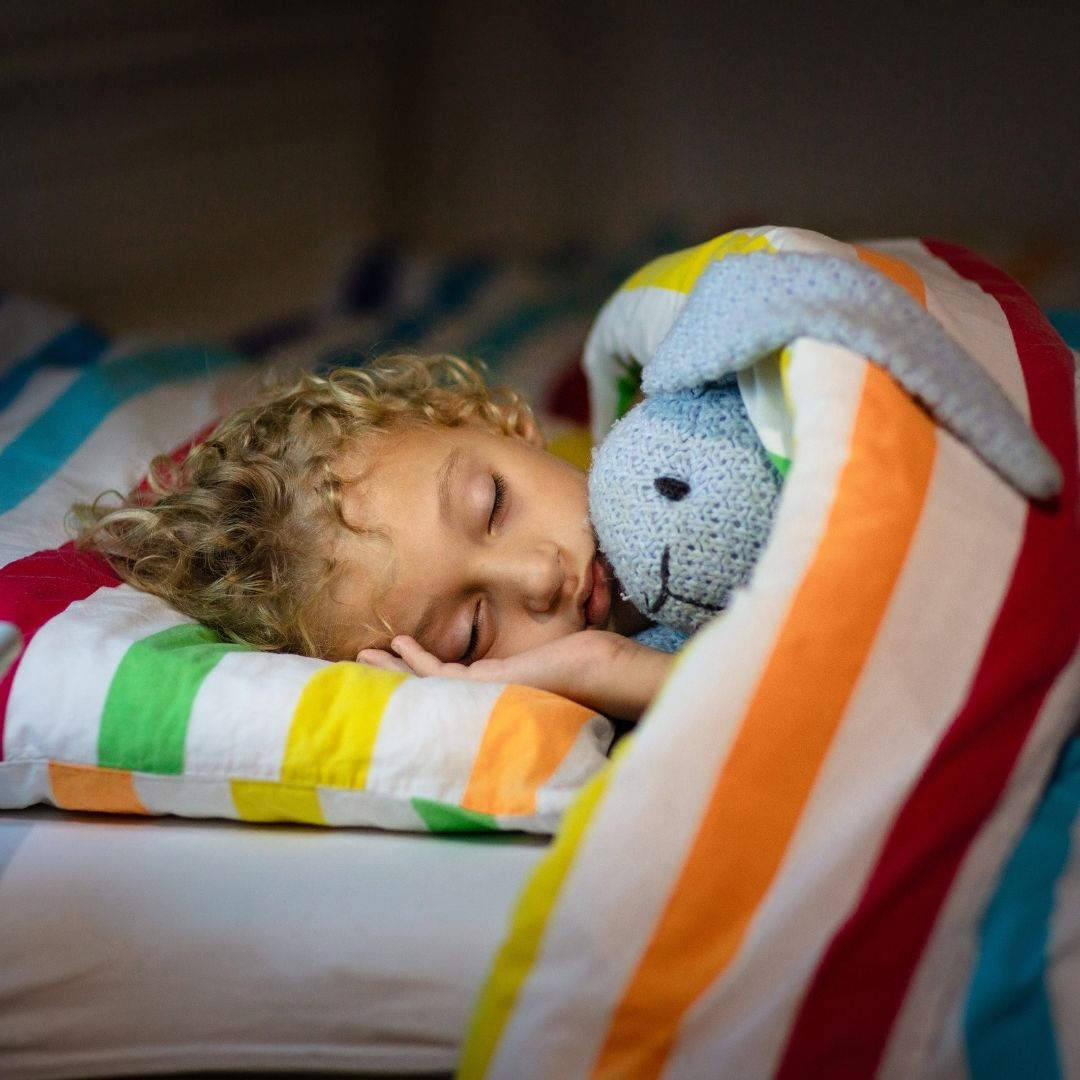Help Your Child Sleep Better with Omega-3 DHA
Help your child get better sleep with Omega-3 DHA and our top sleeping tips.
Tips to Improve Your Child’s Sleep
DHA helps children sleep. Check out our tips to get your school going child sleeping through the night.
Omega-3 DHA for Sleep
Omega-3 fats have already been shown to improve behaviour, attention, cognitive function and development in children, but did you know they may also help your child get a good night’s sleep?
Sleep problems are some of the most common problems parents face with their kids. You may wonder about how to get your child to sleep through the night. School-age children need between 9 and 12 hours of sleep each night, but often children are not getting enough zzzz’s.
Sleep Research
There is hope for tired parents. A recent study by the university of Oxford suggests that higher levels of omega-3 and in particular DHA are associated with better sleep. During the study, 362 children from 74 Oxford primary schools were given either a 600mg supplement of omega-3 (high in DHA) or a placebo over 16 weeks to find out if sleep would improve.
The group who were given the DHA for 16 weeks had better sleep quality, had 7 fewer wake episodes per night and had 46 minutes more sleep per night.
Both sleep problems and dietary deficiencies of omega-3 fatty acids such as DHA are associated with poor general health and with behavioural and cognitive problems (e.g. underperforming in reading). These results show that DHA supplementation may improve children’s sleep.
To increase your child’s DHA intake, you should include at least 2 portions of oily fish (salmon, mackerel or sardines) in their diet weekly or give your child a high quality fish oil supplement. You can boost your child’s intake of DHA with Eskimo Kids which contains 280mg DHA in each teaspoon.

Tips to Get School Children to Sleep
Below are our top tips to get your school going child sleeping through the night.
Tips to Do to Help Kids Sleep
1. Make bedtime enjoyable
Bedtime can be great quality “one to one” time with your child. Be firm and go through a certain bedtime routine that your child is used to e.g. bath, wash teeth, read and lullaby. At the end of that routine the lights go off or dim and it is time to fall asleep.
2. Put your child to bed before they get sleepy
Often a child can find it more difficult to sleep if they are over tired. This can lead to a child being more difficult to handle and can cause havoc in a household.
3. Have a regular daily routine
A routine with the same waking time, meal times, nap time and play times will help your child to feel secure and comfortable, and help with a smooth bedtime. Children like to know what to expect.
4. Be active during the day
Running and playing games for approximately 3 hours in the evening will help your child feel tired naturally in the evening.
5. Keep room comfortable
Keep the room comfortable. This includes a good mattress, tidy room, dim lighting, and blackout curtains. In the morning, open curtains and put on full lights. Light helps signal the brain into the right sleep-wake cycle.
6. Snack before bedtime
Have a small snack 60 minutes before bedtime. Try a cracker with cottage cheese, banana or nut butter to help induce sleep.
7. No TV or games console in bedroom
Remove the TV or games console from the bedroom. Research shows watching TV or playing computer games just before bedtime are linked to sleep problems.
8. Remove excess toys from bed
Remove excess of toys from the bed. It is probably best to keep your child’s bed a place to sleep, rather than a place to play. Their favourite teddy, doll or blanket is soothing but too many toys can be distracting.
What to Avoid
1. Do not use bed as a threat
A child should look forward to snuggling up in bed, so do not use it as a punishment. If the feeling around bedtime is a good feeling, your child will fall asleep easier.
2. Avoid caffeine
Avoid giving your child caffeine. Drinks such as hot chocolate, tea, cola as well as chocolate bars should be avoided. Even caffeine earlier in the day could disrupt your child’s sleep cycle.
References:
- Montgomery P, Burton JR, Sewell RP, Spreckelsen TF, Richardson AJ. Low Blood Long Chain Omega-3 Fatty Acids in UK Children Are Associated with Poor Cognitive Performance and Behavior: A Cross-Sectional Analysis from the DOLAB Study. PLoS One. 2013.
- Montgomery P et al. Omega-3 DHA and Children’s Sleep: New findings from the DOLAB Studies. September 4, 2013, The Royal College of Surgeons, 35-43 Lincoln’s Inn Fields, London WC2A 3PE.

